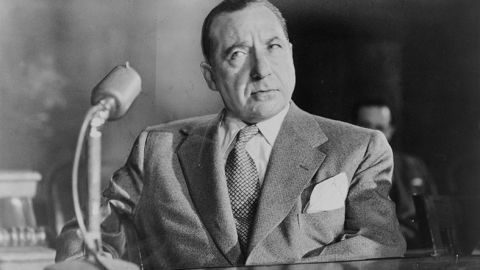First, Break All the Rules. Then, Enforce Them.

If you have ever wondered why your boss is such a stickler for the rules, the American Psychological Association has an answer for you that isn’t necessarily reassuring. It turns out that the degree of power a person has is linked inexorably to his or her reliance on rule-based systems. Whereas the powerful think about rules, the lowly think about outcomes. So what exactly are the reasons for – and the implications of – this change in perspective during the climb up the ladder?
Miller McCune asked this very question of the survey leaders, Joris Lammers and Diederik Stapel of the Netherlands’ Tilburg University, who said that those in power love stability, and that rules enforce the status quo.
But what about those who break the rules to succeed? After all, there are perhaps more of those individuals than those who rose to the top by playing it straight. Do they want to stop others from following in their successful footsteps? Or does power simply drain the imagination?
Whatever the specific reasons for the shift in thinking, I see the rule-based reorientation of the powerful as a dangerous action of self-preservation. It seems the rule breaking and creativity one employs to get to a powerful position is subsumed by the full-time job that is hanging on to influence—and what better way to do so than to establish and enforce rules that control an entire group? In the minds of the powerful, rules represent scalable influence at its easiest, and – whatever the stifling effect on organizations – it keeps the boss in charge. Therefore, they become the only reasonable organizational structure.
My worry is that this shift in the thinking of the powerful cripples the creativity of the organizations that they oversee. The quest for creativity, freedom, and results seems to have become the exclusive domain of those climbing the ladder; once people get to the top, they only worry about staying there.





